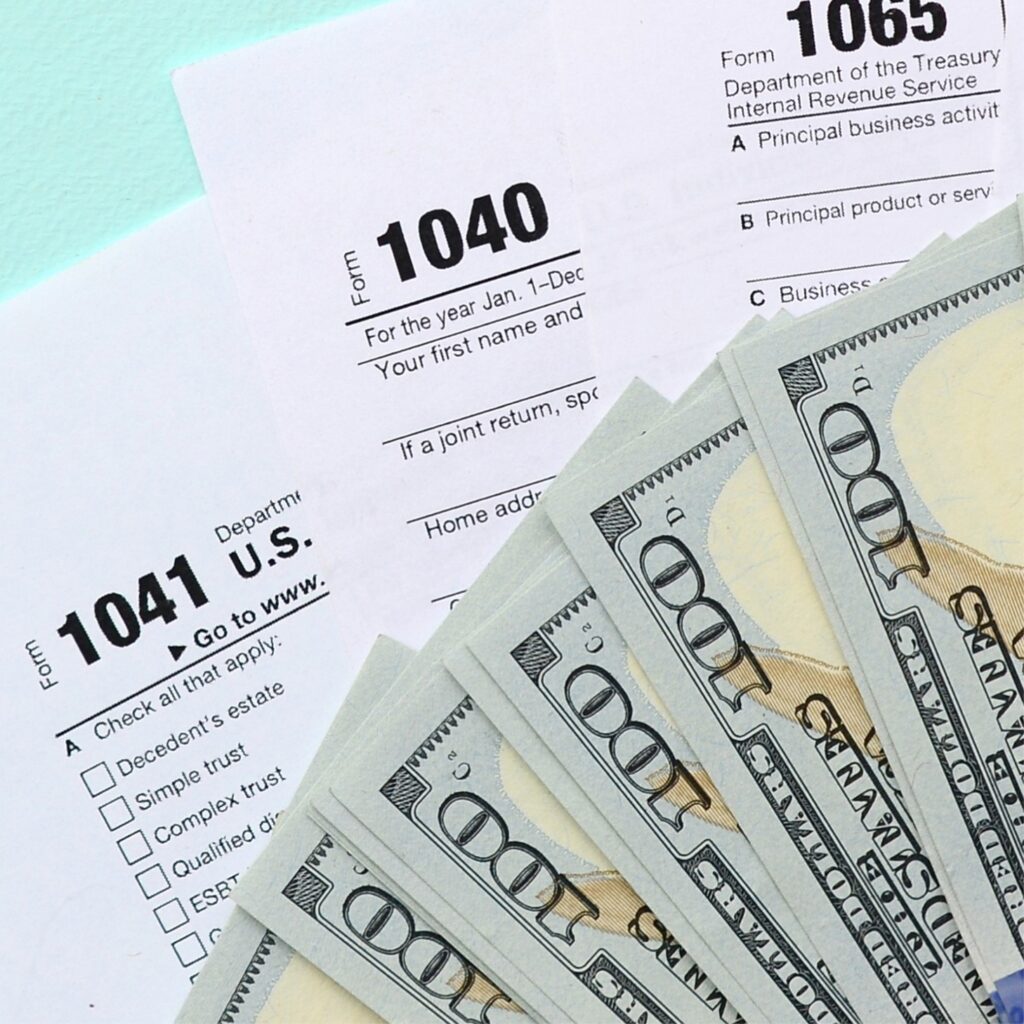What you need to know this tax season
Many people don’t pay attention to their taxes until it’s time to file their federal return. Now the time is here-and this year’s filing includes some key changes you should understand before you hit the individual tax deadline. Here’s a summary of changes you’ll see on this year’s Form 1040:
Cryptocurrency is under the IRS microscope
The Department of Treasury knows there are taxpayers with cryptocurrency-and they want to find them. That’s why the first question on Form 1040 asks: “At any time during 2020, did you receive, sell, send, exchange or otherwise acquire any financial interest in any virtual currency?” If you’re involved in cryptocurrency, just be honest and remember that you’re signing the tax return under penalties of perjury-which can carry up to five years of prison time.
The coronavirus relief bill may allow you to gain a charitable tax deduction
If you wrote a check, gave cash or used your credit card to make a charitable contribution to an eligible charitable organization in 2020, you may be able to reduce your taxable income by up to $300 due to a provision in the coronavirus relief bill. To take advantage of this deduction, you must have proper documentation-so retain your receipts. And keep in mind that the contribution cannot be in the form of hard goods (i.e. clothing or other items dropped off at a charity). If you contributed $250 or more to a single charity, you’ll need a letter of acknowledgment to substantiate your donation.
Be prepared for changes in reporting tax withheld from income
A major change to Form 1040 this year is the way you report the amount offederal tax withheld. Previously, you reported one number: the combined total of the paid federal income tax shown on your W-2 and any 1099 Form.
For tax year 2020, however, the number from your W-2 and any 1099s will be reported on separate lines, which may signal that the IRS will focus on 1099s in the future.
How will the Economic Impact Payments affect your taxes? Line 30 is an item that correlates with any stimulus payments you may have received. The government is currently calling it a “recovery rebate credit.” Keep in mind, however, that not all tax form changes have been finalized, so the name may change. As a result, you may receive an additional credit if your 2020 tax return has a smaller AGI than the one that was used to calculate the initial stimulus check, or if you have additional dependents.
Be sure to have IRS Notice 1444, the letter telling you how much you received, close at hand when you compile this year’s tax documentation. That may seem simple enough, but if your household has self-employed individuals (which you report on Schedule H and Schedule SE), you may have to pay extra attention to this calculation due to the fact that the coronavirus relief bill allows employers to defer the deposit and payment
of their portion of Social Security taxes from March 27 through December 31, 2020.
This is key because any payroll taxes due during this period may be deferred, with 50 percent paid by December 31, 2021, and the balance by December 31. 2022. If you’re a Schedule C filer, this will apply to you.
Retirement plan distribution relief for taxpayers impacted by COVID-19 is in sight
If you were impacted financially by COVID-19, the coronavirus relief bill allows for distributions from a retirement account, including IRAs, to be handled differently. You don’t need to have been ill with COVID-19 to be eligible for this relief, but you must have suffered economic hardship as a result of the virus. Eligible reasons include:
• You were quarantined and unable to work.
• You were furloughed from your job.
• You were laid off from your job.
• Your work hours were reduced.
• You were unable to work because you couldn’t find childcare.
Remember, your situation must have occurred as a result of COVID-19—and you must be able to self-certify these facts, to qualify for this retirement plan provision. If you do qualify, the tax impact can be substantial:
• There will be no 10 percent penalty if you’re under the age of 59½ and take a distribution.
• The distribution will be spread over three years.
• You can repay the amount taken out over three years and avoid taxation.
The best way to take advantage of this relief is to keep all documents you may need for selfcertification, such as medical records, notices from your employers or notes describing your circumstances.
Other changes to consider
Solar credits drop from 30 percent to 26 percent (and will be 22 percent in 2021). The standard mileage rate will drop from 58 cents to 57.5 cents for business, 20 cents to 17 cents for medical mileage, and will stay at 14 cents for charitable mileage.
These are the key Form 1040 changes that may impact you as an individual. However, with the election now behind us, there’s always the possibility more changes will be made right up to the time the IRS starts accepting the first tax returns. Be sure to contact our firm with questions. We are always here to help!


